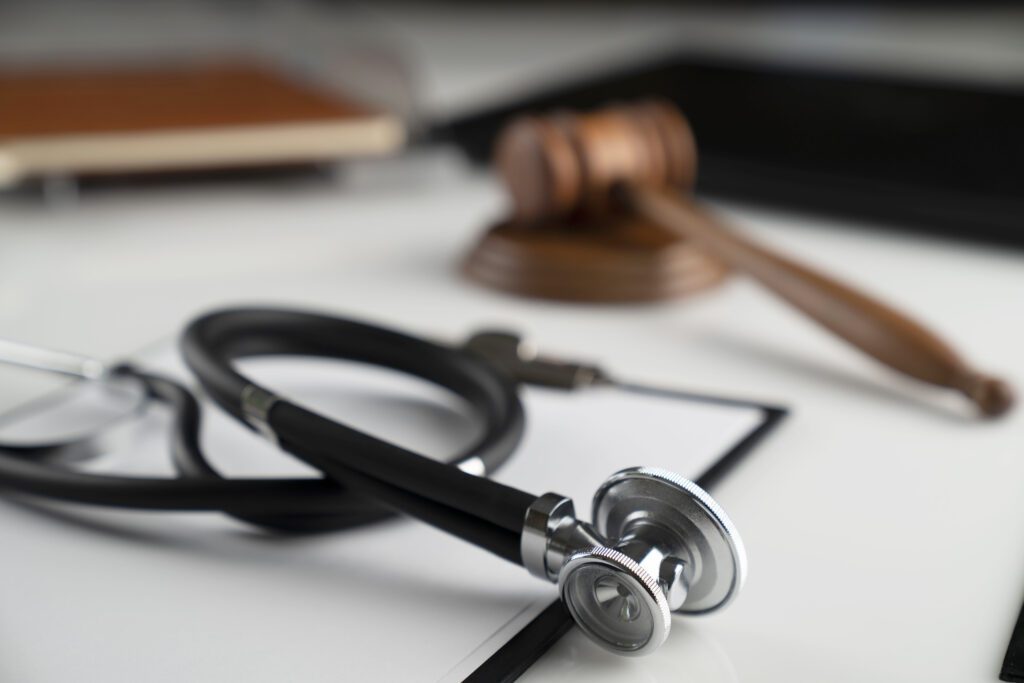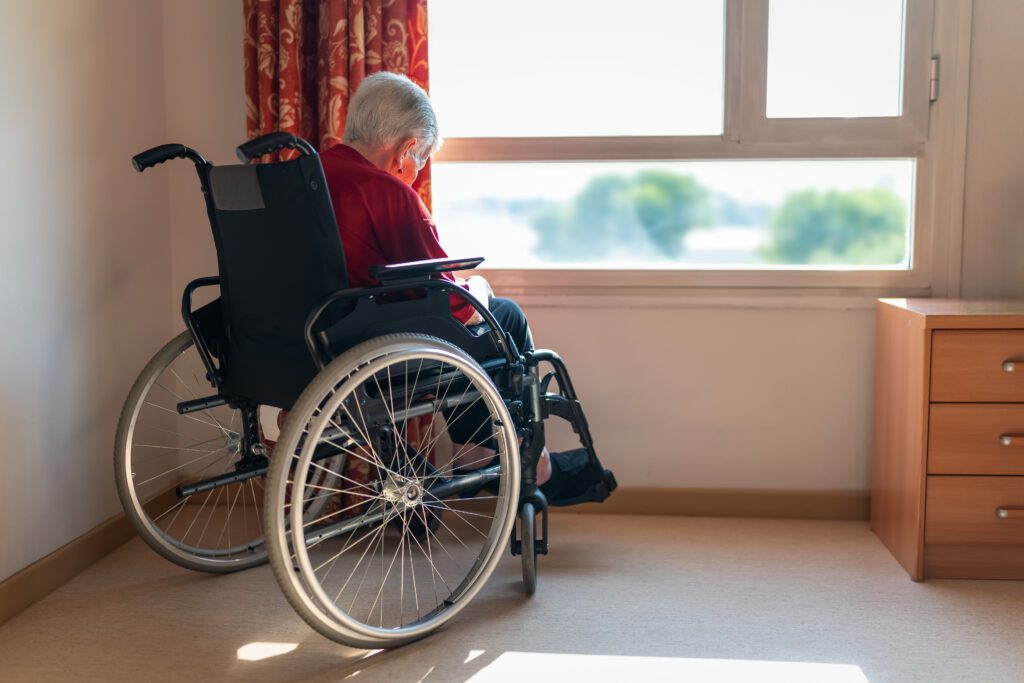Negligence is at the heart of nearly every personal injury case. If you’ve been injured due to someone else’s actions, having a lawyer who understands how to prove the other person’s negligence is essential in order to receive compensation for your injuries. In South Carolina, as in other states, there are specific elements of negligence that must be established for a successful personal injury claim. We specialize in helping clients navigate these complex legal requirements.
What is Negligence?
Negligence is when a person or a business fails to exercise reasonable care. In this context, failing to exercise reasonable care means failing to act as another reasonable person, business, or other entity would act under similar circumstances. A person or entity can be negligent even if they did not specifically intend to cause harm.
The Four Elements of Negligence
There are four key elements of negligence that must be proven under South Carolina law in a personal injury case:
- Duty of Care
The first element is establishing that the defendant in a personal injury case owed the plaintiff a duty of care. This means that the defendant had a legal obligation to act in a certain way to prevent harm to the plaintiff. A duty of care can be established in a number of ways, including by statute, case, or professional relationship. For example:
-
- A driver owes a duty of care to other drivers and pedestrians to follow traffic laws and drive safely for the conditions.
- Property owners owe a duty of care to people on their premises to maintain safe conditions.
- A doctor owes a duty of care to his or her patients to provide competent medical care
- Breach of the Duty of Care
Once a duty of care is established, it must be shown that the defendant breached this duty. A breach occurs when the defendant fails to exercise the duty of care in the manner that another reasonable person, business, or other entity would in a similar situation. For example:
-
- A driver runs a red light, violating traffic laws.
- A property owner fails to repair a broken step, creating a hazard.
- A doctor fails to review a patient’s lab results.
- Causation
The third element of negligence under South Carolina law is causation. To establish causation, you must prove that the defendant’s breach of the duty of care directly caused the plaintiff’s injury. There are two components to causation:
-
- Actual cause: The plaintiff must show that the injury would not have occurred “but for” the defendant’s actions.
- Proximate cause: The plaintiff’s injury must be a foreseeable result of the defendant’s actions.
Examples:
-
- The driver’s running a red light directly causes the driver to crash into the plaintiff’s car.
- The property owner’s broken step causes the plaintiff visitor to trip, fall, and break her leg.
- The doctor’s failure to review the plaintiff’s lab results causes the doctor to fail to treat the plaintiff’s infection, which causes the plaintiff’s condition to deteriorate.
- Damages
The final element of negligence requires the plaintiff to demonstrate that they suffered actual damages as a result of the defendant’s negligence. Damages can be economic (such as medical bills and lost wages) or non-economic (such as pain and suffering). Having a strong personal injury case requires proving the damages suffered with reasonable certainty.
Examples:
-
- Medical expenses incurred from treating injuries sustained in a car wreck.
- Lost income due to being unable to work after falling on the broken step.
- Hospital bills and emotional distress from living with the effects of an untreated infection.
Proving Negligence in South Carolina
Successfully proving negligence requires thorough evidence and a clear understanding of legal standards. This often involves:
- Gathering evidence: Collecting medical records, police reports, witness statements, and other relevant documentation.
- Expert testimony: Engaging qualified experts to testify on issues like standard of care, causation, and damages.
- Legal strategy: Developing a compelling argument that ties together the evidence and legal principles.
Why Good Legal Representation is Crucial
Proving a negligence claim and obtaining the compensation you deserve can be complex and challenging. Wyche’s experienced personal injury attorneys will work with you to:
- Evaluate the strength of your case.
- Gather and preserve critical evidence.
- Represent you in negotiations and court proceedings.
- Ensure compliance with South Carolina’s legal requirements and deadlines
Wyche’s personal injury attorneys, including John Moylan and Lucy Dinkins, take the time to get to know their clients in order to understand their injuries and goals and help them achieve a successful resolution in a way that is as stress-free as possible. They have experience representing individuals in a wide variety of personal injury cases, including product defects, the overservice of alcohol, medical malpractice, premises liability, and catastrophic car wrecks.
We are committed to victims of negligence and wrongdoing receive the compensation they deserve.
If you believe you have a personal injury claim, contact us today for a free consultation. Let our experience guide you through the legal process and help you secure a just outcome.
For more personalized advice or to discuss your specific case, feel free to reach out to us at [email protected]. We are here to help you every step of the way.



